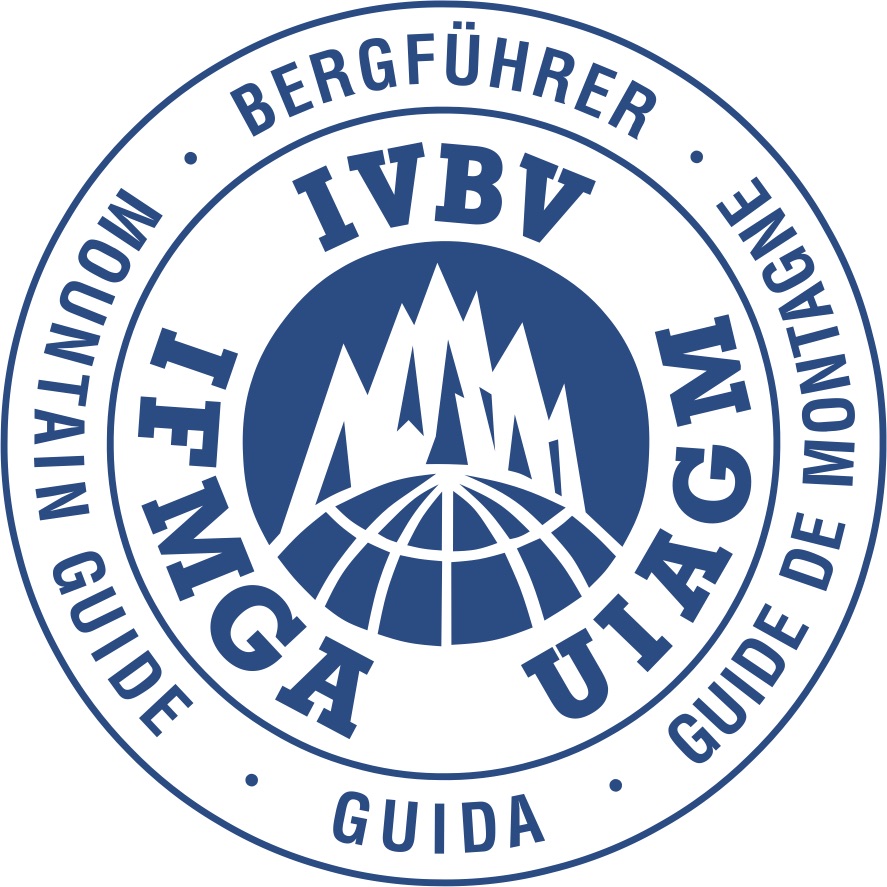In many ways, the most significant thing the larger outdoor industry can do to improve inclusivity is to pay its employees better. In an industry where “fun and pro deals” are worth a 30% pay cut, only the privileged endure.”
If you spend ten years working for one of the largest guide services in the world, your wage will top out at less than $20/hour, with no overtime, no benefits, and the job security of a seasonal workflow.
Read that again and consider who will be able to pursue a career in the American guiding industry.
The realities of making a living as a working guide in the United States is shown in two overarching themes. Most guides will be young and most guides will come from financially privileged backgrounds.
Unsustainable Work Means Young Guides
Because guides make so little money, they must work an unsustainable amount to make ends meet. Many guides might spend upwards of 20-25 days a month in the summer sleeping in a tent.
Not only do they have no chance to have a work life balance, being unable to spend time with their communities or with their families, but to make a living, they must endure significant physical strain, making it extremely difficult to stay in the industry for more than 5-7 years.
This is unfortunate because it means the majority of guides never have a chance to truly develop as professionals. As soon as they begin to excel at guiding and offer exceptional experiences to customers, they are too burnt out and leave the industry.
For consumers, this is troubling, as the mountains are a dangerous place. People do get hurt and die in the mountains. Having older more experienced guide is to your benefit just as much as having an older experienced doctor.
Imagine preparing for a procedure that could kill you, and your doctor walks in, a 22-year-old who has taken one or two week-long courses. I’d prefer someone who is at least 30 with a proven track record. Especially because there is no regulation of who can be a mountain guide–in this industry the doctor doesn’t even need a license.
The reality is very few guides make it much past 30 years old before they are forced to leave the industry.
Poor Wages and Working Conditions Mean No Diversity in the Workforce
Another significant impact these working conditions is the lack of diversity in the workforce. With such poor prospects for long-term returns on investment, only people from privileged backgrounds can consider becoming guides.
If you want to have a family or ever buy a home and are not willing to move seasonally for many months at a time, you won’t be able to consider the industry. These factors contribute to the reality of the industry: most guides are white men under 30.
In an industry where “fun is part of the pay” you tend to attract people from financially privileged backgrounds who can afford the pay cut.
Poor Diversity in the Larger Outdoor Industry
This issue of diversity is one endemic to the larger industry. In an industry where “fun and pro deals” are worth a 30% pay cut, only the privileged endure.
The outdoor industry at large has made diversity a key part of its mission. Many outdoor companies have admirable initiatives to make the outdoors a more inclusive place, but while these are great steps in the right direction, they need to put their money where their mouth is.
In many ways, the most significant impact the larger industry can make on inclusivity is to pay its employees better.
Consumers should be cognizant of this and selective with where they choose to spend their money. From an altruistic sense, but also a practical one. Having a young, overworked and underpaid guide is not in your best interest.
If Illegal wages are so widespread why is no one doing anything?
If these conditions are so commonplace why are there not more complaints being filed with the state? This has a lot to do with the nature of the workflow making it easy for guide services to avoid needing to take actions against complaining guides that would be seen as retaliatory.
A guide service does not need to fire a guide to be able to punish them. Workflows are already very irregular and its very easy for a guide to just “stop getting as much work because business is slowing down for the season.” It’s already hard enough for a working guide to make ends meet and if their workload begins to decrease, it’s very quickly untenable and they need to quit and find something else. In this case they chose to quit, the guide service didn’t take any retaliatory action against them.
If a guide files a complaint with the state labor board that will be the end of their tenure at that company and likely any other company with similar practices as they would not be inclined to hire someone who might question their own business practices to the labor board. Perhaps they could consider hiring a lawyer and arguing that they were retaliated against with the decrease in work volume but thats a heavy lift for a guide making $14 bucks an hour.
The reality is if you seek fair wages you will find your self in the practical sense black listed from the vast majority of the industry.
As a consumer how can you support worker welfare, and inclusive industry and get an older more experienced guide?
Look for the next blog post.
